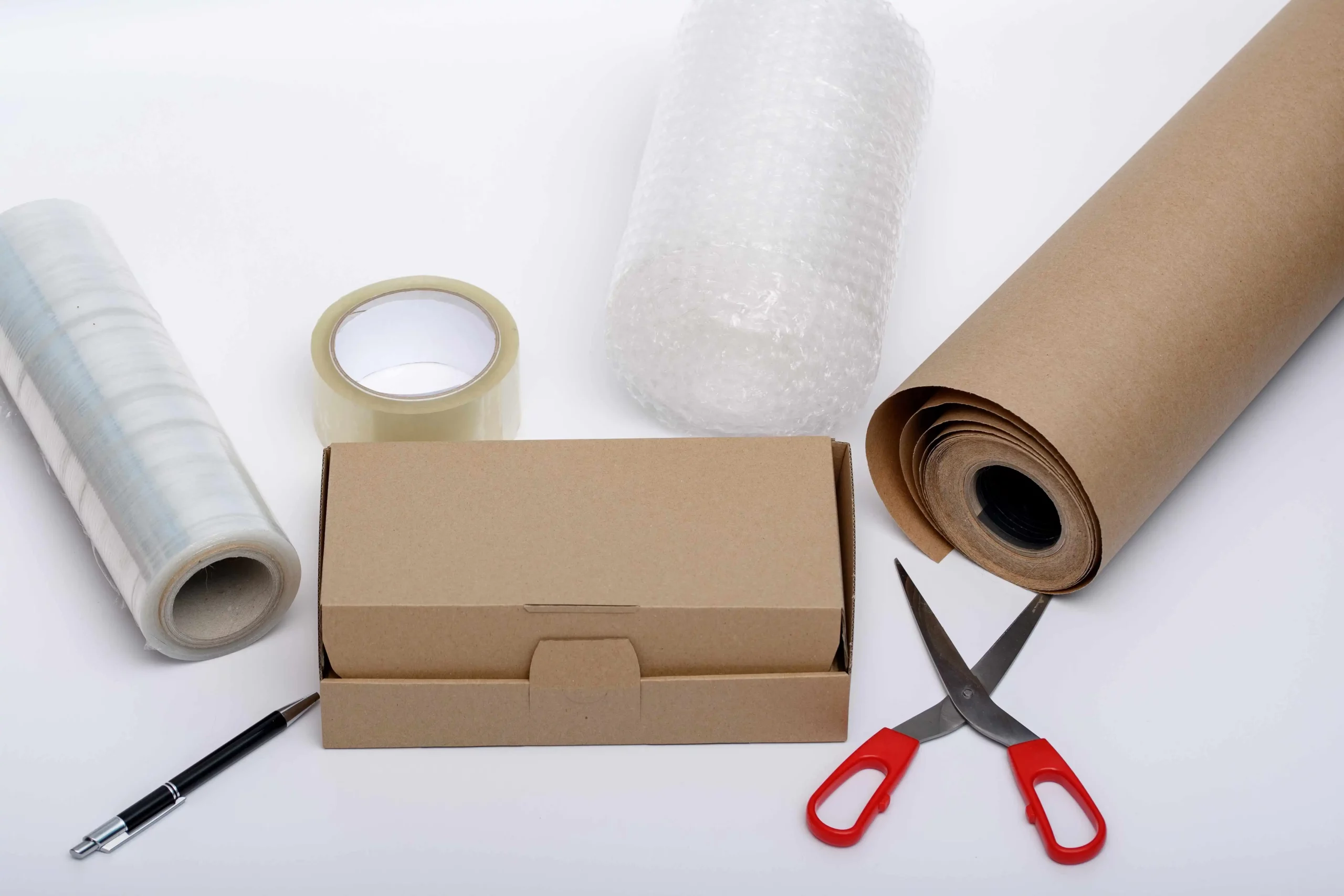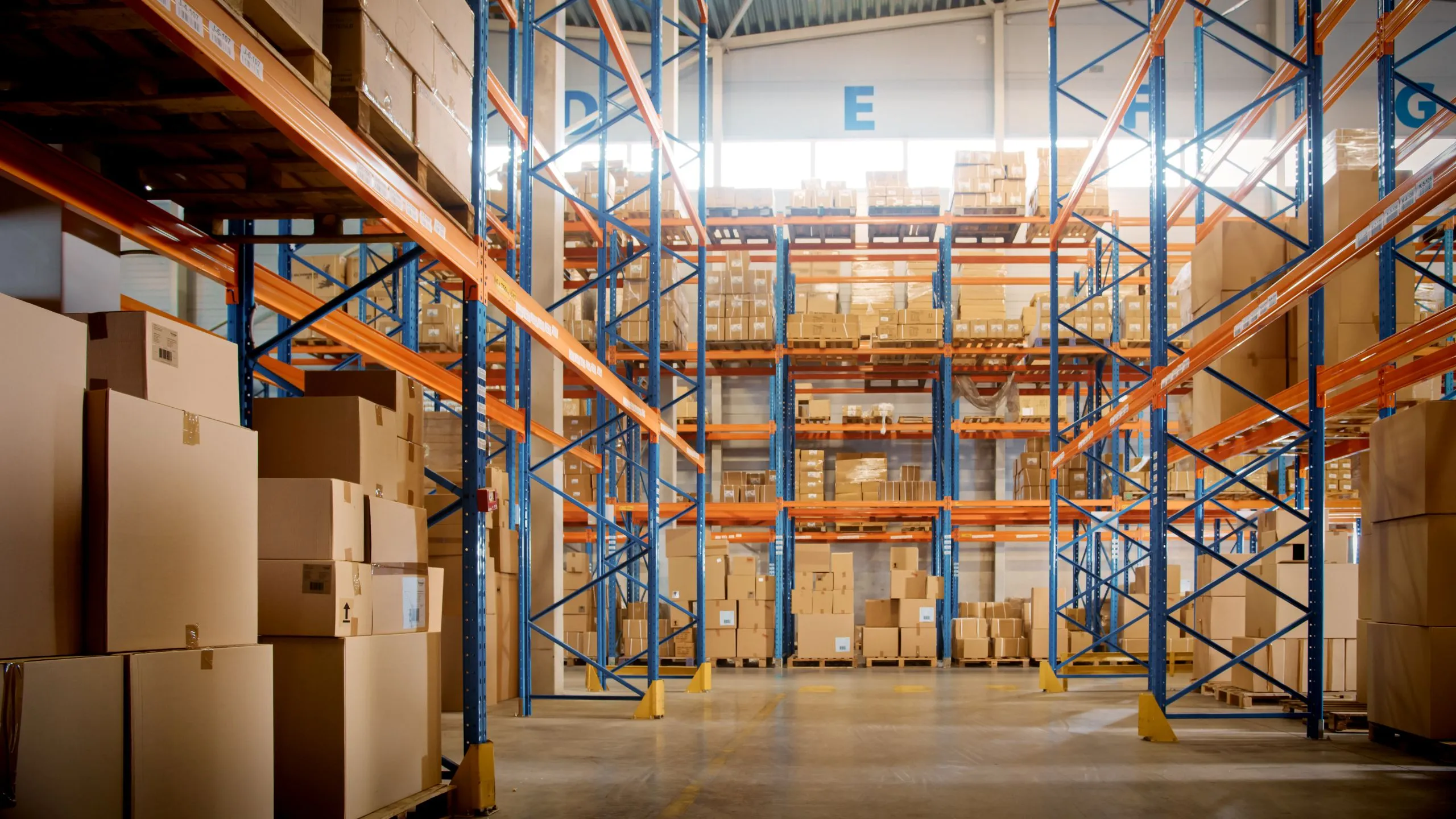Although the question “What is a consumable material?” might be familiar to businesses engaged in trade, the details can vary. Consumable materials are products that are continuously used and need to be replenished during production, logistics, and business processes. These materials are essential for ensuring the efficiency and continuity of business operations. Consumables are utilized across a wide range of industries and play a critical role in various sectors.
What is the Importance of Consumable Materials?
Consumable materials are indispensable for businesses to maintain their daily operations. These materials play a critical role in every aspect, from production lines to storage processes. For example, lubricants, cleaning supplies, or packaging materials used in a manufacturing facility fall under the category of consumable materials. Without these materials, production processes may come to a halt, leading to operational disruptions, financial losses, and increased costs.
What Are the Types of Consumable Materials?
Consumable materials vary based on their areas of use. Depending on the needs of businesses, different types of consumable materials can be preferred. The main types of consumable materials include:
1. Packaging Materials
Packaging materials are crucial for the safe storage, transportation, and delivery of products to the end user. The main materials in this category include:
Cardboard Boxes: Produced in various sizes and thicknesses, cardboard boxes are widely used in the e-commerce sector to securely package orders. Their durability and recyclability make them a preferred choice.
Bubble Wrap: Protects delicate and fragile items from impacts. It prevents products from scratches and damage, ensuring a safe transportation process.
Packaging Tapes: Used to tightly seal packages, these tapes also provide security by preventing unauthorized access to the packages.
Stretch Film: Used for wrapping pallets and transporting products in bulk. It plays a vital role during storage by protecting products from dust, dirt, and moisture.
2. Cleaning Materials
Cleaning materials are essential for businesses to maintain hygiene standards, ensuring both employee health and workplace safety:
Disinfectants: Used to kill microorganisms on surfaces and hands. The importance of disinfectants has significantly increased, especially after COVID-19, making them a must-have for every business.
Cleaning Cloths: Specially designed for cleaning various surfaces. Microfiber cloths are highly effective due to their superior dust-trapping and water-absorption capabilities.
Brooms and Mops: These materials are essential for floor cleaning and are regularly used to ensure the hygiene of indoor spaces. Brooms collect larger debris, while mops clean remaining dust and microbes on surfaces.
Trash Bags and Bins: Necessary for waste management, they are an integral part of cleaning processes. Larger industrial-sized trash bags are commonly used in factories and large facilities.
3. Stationery Materials
Stationery materials are essential for the efficient execution of office operations. These items facilitate daily tasks in an organized and seamless manner:
Pens and Notebooks: Fundamental for written communication and note-taking. Pens in various colors and notebooks of different sizes are must-have items in every office.
Paper: Used for both printers and handwritten notes, paper is essential for business documents, reports, and invoice printing. Available in various sizes, such as A4 and A3.
Staplers and Hole Punchers: Staplers are used to bind pages together neatly, while hole punchers make it easy to file documents in folders.
Folders and Files: Enable the systematic storage and archiving of documents. Available in various colors and sizes, folders make it easy to organize and quickly locate documents.
4. Maintenance and Repair Materials
Maintenance and repair materials are essential to ensure the smooth functioning of equipment and uninterrupted production and storage processes:
Oils and Greases: Used to reduce friction in moving parts and extend the lifespan of machinery. Oils and greases play a critical role in regular maintenance processes, especially those customized for industrial machines.
Fastening and Securing Materials: Screws, bolts, and nuts are vital for securely assembling and operating machinery and equipment. They are available in various sizes and types.
Seals: Seals ensure leak prevention and proper functioning of machinery and piping systems. Made from different materials, they are suitable for various industrial applications.
Spare Parts: Spare parts kept in stock for quick repairs in case of equipment failure are crucial for ensuring business continuity. These parts allow machines to operate without interruptions.
What is the Role of Consumable Materials in E-Commerce?
In the e-commerce sector, consumable materials are indispensable parts of logistics processes. For example, an online store constantly requires packaging materials to deliver orders to customers. Additionally, consumables such as labels used in warehouses, ink for barcode printers, and shipping bags are also crucial.
Consumable Material Management
Consumable material management encompasses the processes of procuring, storing, and using these materials correctly. Effective management helps reduce costs, ensure efficient use of resources, and maintain seamless operational processes. Regular monitoring of consumable material stocks, anticipating needs, and placing timely orders are critical for business continuity.
The Role of Consumable Materials in Fulfillment Services
Fulfillment service providers manage processes such as storage, order processing, and shipping for e-commerce businesses. The consumable materials used in these processes directly impact service quality. For example, boxes and filler materials used for securely and accurately packaging orders are crucial for customer satisfaction. Additionally, materials like labels and packaging tapes used in shipping processes ensure the process is completed quickly and efficiently.
Consumable Material Procurement Process
The procurement process for consumable materials is a factor that directly impacts business efficiency. Accurately identifying needs and selecting suppliers helps optimize costs. Additionally, prioritizing sustainable and eco-friendly products in the procurement process can benefit both the business and the environment.
Sustainability in Consumable Materials
Today, businesses are turning to sustainable consumable materials to reduce their environmental impact. Recyclable packaging materials, eco-friendly cleaning products, and energy-efficient office equipment not only protect the environment but also provide businesses with long-term cost advantages.
Consumable materials play a critical role in the daily operations of businesses. Effective consumable material management helps reduce costs and enhance operational efficiency. In the e-commerce sector, the proper use of consumables is crucial for customer satisfaction and brand reputation. Therefore, the management and procurement of consumables should be an integral part of businesses’ strategic planning.
If you’d like to learn more about e-commerce logistics alongside consumable materials, feel free to check out our article via the link provided.





